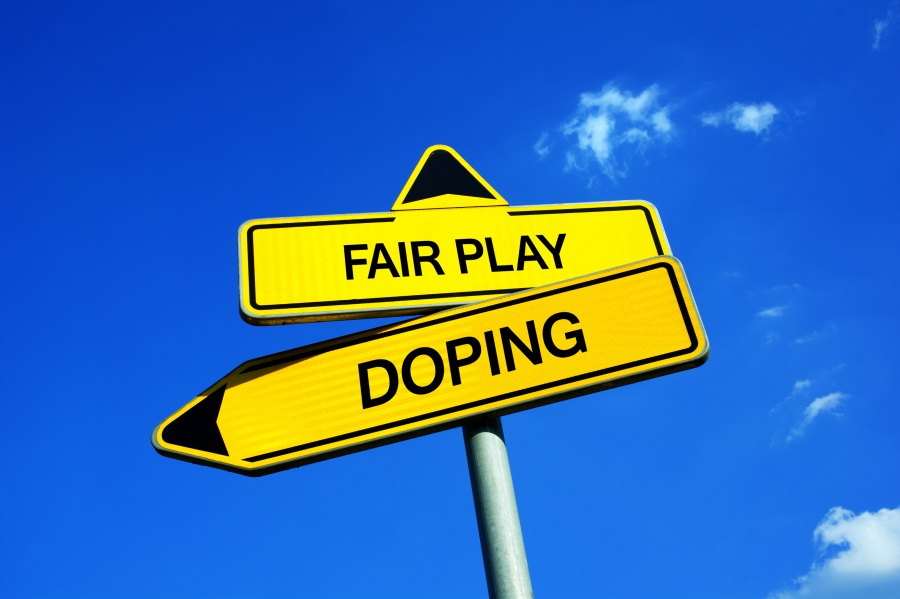Currently, the World Anti-Doping Code has ten (10) Anti-Doping Rule Violations (ADRVs) in which athletes can be sanctioned. Usually, the results management process is under the jurisdiction of the athlete’s national anti-doping organisation or in some cases the international federation. When athletes receive notice of a potential ADRV, they have two choices; one, to either accept the ADRV and the sanction, or two, choose to dispute the charges therefore, requesting a hearing which is heard in front of an independent tribunal.
However, given the burden of proof that rests with the athlete it becomes very costly for athletes to dispute these potential sanctions in their entirety. In many instances’ athletes have to accept harsh sanctions due to their lack of financial means. Whereas, athletes with vast financial means and access to good lawyers have a better chance at reduced or even escaping sanctions altogether. The anti-doping system constantly preaches protection and fairness for athletes, but this type of financial burden leaves the most vulnerable athletes open to the greatest amount of risk due to lack of fairness when it comes to cost of appeals. Therefore, does the anti-doping system prioritise money over fairness and consistency of athletes? Genuine fairness is allowing every athlete the right to a fair and cost-effective appeals process regardless of their monetary position.
So, how does the system make it fairer?
One proposition is that the anti-doping system implement a legal aid style scheme, which allow athletes from poorer backgrounds to apply for grants to help in their appeal process. This gives athletes an avenue to access funds so they can get the best representation possible, instead of settling for suboptimal representation due to their lack of financial power. Going further, for optimal fairness and to eliminate richer athletes gaining an unfair advantage, should the appeals process become free? This gives an athlete the opportunity to choose their representation without the stress of cost and gives them an equal playing field for the standard of the representation. The anti-doping system is strict enough. Unquestionably, athletes should be empowered to access only the best representation regardless of their financial background. While I recognise legal assistance does exist at the Court of Arbitration of Sport level, it is not widely promoted and, it comes at a later stage of appeals.
The question that will be put to me is where will the money come from to implement the above?
My suggestions are below:
Within the sporting landscape there are many sporting World Cup events, major championships and Grand Prix’s, throughout the year. A percentage of ticket sales from all those events should be put aside to contribute towards such a fund for anti-doping purposes.
Another avenue is imposing a requirement on sponsors that, supporting an event requires them to contribute a certain percentage to the anti-doping programme. Sponsors have an important role within the anti-doping system and they could provide much needed funds to supplement the good work currently being done. The anti-doping system has constantly demanded for increased funding to optimally fight doping in sports and therefore sponsor avenues’ makes sense and can be effortlessly implemented. Sporting revenue is worth ‘billions’ and it still baffles me that only a minuscule percentage is given towards the efforts to crack down on doping-in-sport and protecting the people that people pay to watch.
In conclusion, the anti-doping system has an obligation not to prioritise money over the fairness and protection of its number one stakeholder – the athlete. Every athlete, regardless of an ADRV, should have a right to fair and cost-effective representation. Athletes should not be punished for their financial means. Everyone who is associated with anti-doping needs to unite and find a way to tackle these inconsistencies. I urge the anti-doping authorities to contrive a system that puts athletes’ interests first regarding appeals.

